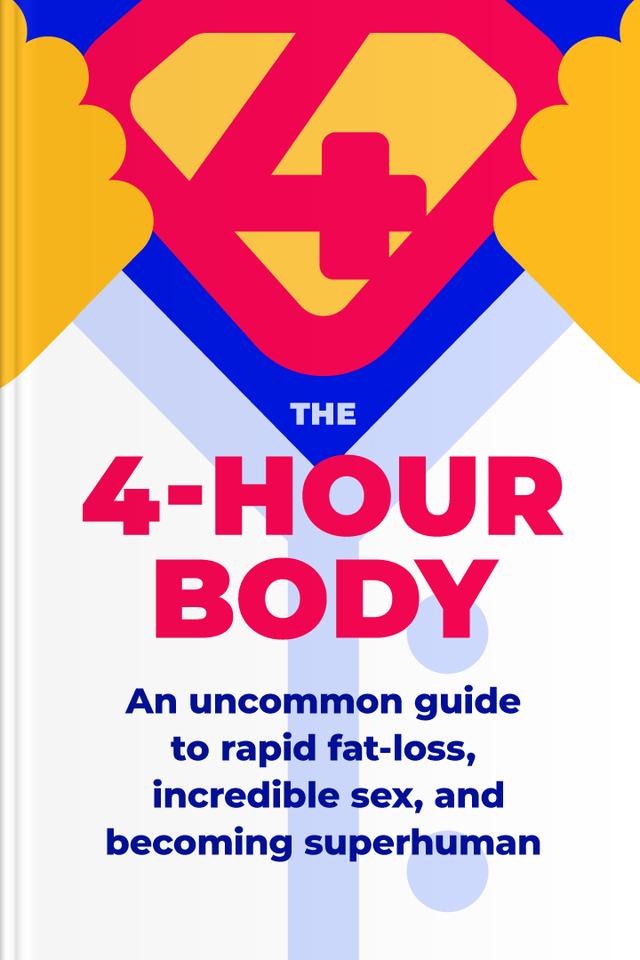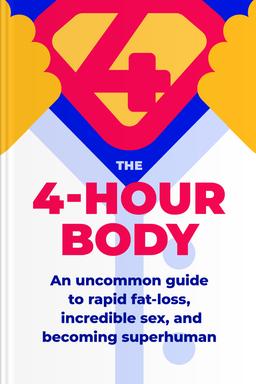You’ll learn
- The minimum effective dose principle
- What boosts sexual performance
- Ways to gain serious muscle with 30 minutes weekly
- How self-experimentation unlocks superhuman potential
Protect the world’s peace. Donate to support Ukraine

first KEY POINT
What if the secret to extraordinary results isn't doing more, but doing precisely the right amount? The "4-Hour Body" doesn't require spending four hours working out — thankfully! Instead, the secret is finding the minimum effective dose (MED) that produces maximum results.Your body responds optimally to specific, targeted interventions rather than endless effort.
Tim Ferriss spent over $250,000 on self-experimentation to discover these precise thresholds. He gained 34 pounds of muscle in 28 days with just two 30-minute workouts per week. He tripled his testosterone levels naturally. He went from struggling with chronic injuries to pain-free superhuman performance. The key? Finding each protocol's minimum effective dose.This approach challenges everything popular fitness culture teaches. While others obsess over complex routines and maximum volume, Ferriss proves that strategic minimalism delivers superhuman results.
However, before diving into the practical stuff, here's an important disclaimer: Only apply the techniques if you feel comfortable. If certain methods require a drastic change in your eating, sleeping, or exercising routine, consult your doctor first.Remember, these pieces of advice worked for the author, but they may not work for everyone. Every person on the planet is different and has unique needs and features that aren't considered in the author's subjective experiments with his body.So, dive into the world of body optimization with an open mind and learn what works best for you. More insights and tips on achieving superhuman performance are coming your way!
second KEY POINT
Many people often find it difficult to follow advice, even when they know it's good and could change their lives. There are two main reasons for this:1. Their motivation isn't strong enough: The discomfort they feel isn't enough to push them into action. Imagine someone who doesn't love their job but doesn't hate it enough to quit — they stay because the pain isn't intense enough to make them change. Without that urgent need, making a change remains something they'd like to do someday, not something they feel they must do now.
2. People often don't keep track of their progress: Without regular check-ins or reminders, losing sight of goals and falling back into old habits is easy. For instance, someone trying to lose weight might give up if they don't see progress simply because they need to track their efforts more closely.

Continue reading with Headway app
Continue readingfirst KEY POINT
second KEY POINT
third KEY POINT
fourth KEY POINT
fifth KEY POINT